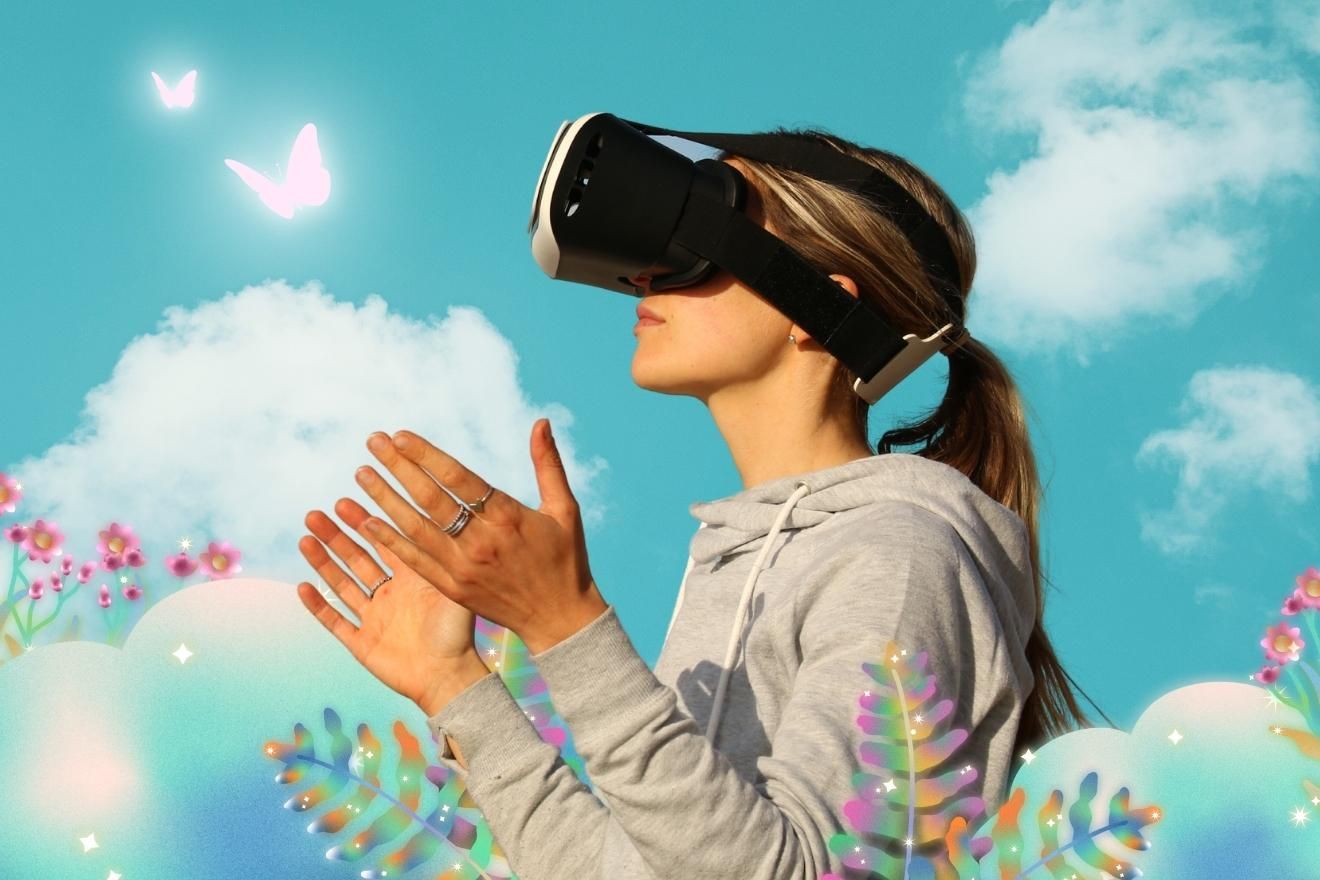As the world moves further into 2025, the mental health industry is experiencing robust growth driven by increasing societal awareness, technological advances, and shifting workplace expectations. In this evolving landscape, several business models are thriving, addressing unique population needs and leveraging new modalities. This article explores the sectors at the forefront, offering data-driven insight, case studies, and real-world examples for a comprehensive understanding of where demand and innovation are converging.
1. Online Therapy Services
Before 2020, teletherapy was already gaining traction, but its demand has since surged at an unprecedented pace. By 2025, platforms providing video, phone, and asynchronous messaging therapy have not only achieved widespread acceptance but have also expanded their service portfolios. The American Telemedicine Association reports that the virtual mental health services market is expected to exceed $35 billion by the close of 2025.
For instance, firms such as Talkspace and BetterHelp have observed a 45% annual growth in their user numbers. Emerging competitors distinguish themselves by offering AI-powered therapy matching, diverse language therapist networks, and subscription plans designed for both personal use and corporate well-being initiatives.
2. Digital Mental Health Apps and AI Chatbots
Mental health services delivered via applications are experiencing rapid growth, addressing concerns such as anxiety, depression, sleep disturbances, and general resilience. These applications integrate cognitive behavioral therapy components, guided meditation, mood monitoring, and AI-driven chatbots to deliver tailored support.
Sensor Tower data reveals that mental wellness application downloads surged by almost 60% in the last year, with market leaders including Headspace, Calm, and Woebot. The distinguishing feature of 2025 is the incorporation of large language models, providing support that is aware of context and intervention during crises. Clinical validation has become more widespread; for instance, Wysa obtained FDA Breakthrough Device Designation for its AI chatbot designed to aid in depression management.
3. Corporate Mental Health and Employee Assistance Programs (EAPs)
The «great resignation» and continuous changes in the workplace have led organizations to actively put resources into the welfare of their staff. The companies experiencing the most rapid growth by 2025 are those that offer extensive EAPs, therapy on demand, and programs for mental resilience. As per Deloitte’s 2024 Global Human Capital Trends report, businesses that dedicated a minimum of 2% of their HR expenditure to mental health observed a 31% increase in employee retention and a 26% rise in productivity.
Companies like Lyra Health, Modern Health, and Spring Health have broadened their offerings beyond just therapy referrals to include on-site counseling, leadership development programs, online support communities, and seamless integration with health insurance plans. These services are now viewed as essential recruitment instruments across various sectors.
4. Adolescent and Youth-Centered Mental Health Services
The mental health crisis among youth has spurred demand for services tailored to teenagers and young adults. Startups are developing platforms that combine peer support, family counseling, and partnerships with schools. Venture capital funding in this niche has tripled since 2022, reflecting a societal acknowledgement of early intervention’s importance.
A notable instance is the emergence of technology-driven entities such as Daybreak Health, which collaborates with school districts to provide online counseling, parent seminars, and mental health assessment instruments. Similarly, platforms like TeenCounseling have experienced a significant increase in subscription numbers from families looking for specialized support for teenagers.
5. Psychedelic-Assisted Therapy Clinics
Breakthroughs in mental health treatments using psychedelics, such as ketamine, psilocybin, and MDMA, have catalyzed a new niche in mental health business. The regulatory landscape has evolved, with several jurisdictions relaxing restrictions and issuing treatment licenses. Investment bank Canaccord Genuity estimates a $7 billion market by 2027 for clinic-based psychedelic therapy.
Operator examples include Field Trip Health, MAPS Public Benefit Corp, and Nushama, which offer carefully monitored, legal psychedelic therapy for depression, PTSD, and end-of-life anxiety. Many clinics combine traditional psychotherapy with controlled psychedelic administration, reporting substantial symptom reduction in patients for whom standard treatments were ineffective.
6. Virtual Reality (VR) and Immersive Therapeutic Solutions
The integration of VR technologies in exposure therapy, relaxation training, and social anxiety interventions is gaining momentum. VR platforms simulate personalized, controlled environments, from public speaking venues to flying, enabling therapists to conduct targeted desensitization from anywhere in the world.
The year 2025 has witnessed firms such as Limbix, Oxford VR, and XRHealth broadening their reach through hospital collaborations and at-home rental services. Studies featured in JMIR Mental Health indicate that virtual reality-assisted anxiety treatment can decrease symptoms by as much as 40%, positioning it as a powerful complement to conventional therapeutic approaches.
7. Niche Counseling and Culturally Competent Services
As the diversity of the population increases, enterprises offering culturally sensitive mental health services are flourishing. Services such as Therapy for Black Girls, Latinx Therapy, and Pride Counseling are dedicated to assisting particular groups, guaranteeing that clients can connect with therapists who comprehend their cultural background and individual requirements.
The need for these types of services has seen a twofold increase over the past three years, as evidenced by client surveys showing enhanced engagement, greater compliance with treatment, and more favorable results. Furthermore, these platforms dedicate resources to educational initiatives, online seminars, and customized collections of materials, thereby cultivating comprehensive mental health environments.
8. Immediate Crisis Response and Peer Assistance Systems
Crisis support no longer relies solely on traditional hotlines. Businesses now leverage real-time chat, video support, and peer network platforms to deliver rapid intervention for those in distress. Innovations include anonymous group rooms and in-app safety planning.
Organizations like Crisis Text Line and 7 Cups use trained volunteers, overseen by mental health professionals, to connect with thousands nightly. Partnerships with public agencies and integration into broader wellness apps have expanded their reach, offering immediate assistance and reducing barriers to accessing emergency mental health care.
9. Virtual Psychiatric Medication Management and Prescribing Services
Telepsychiatry services offering digital assessment, diagnosis, and ongoing medication management have proliferated, especially for conditions such as ADHD, depression, and anxiety. These businesses streamline care access, eliminate regional provider shortages, and offer automated refill and follow-up systems.
Platforms such as Cerbo, Minded, and Brightside experienced boosted expansion, supported by regulatory exemptions and greater insurer approval for remote prescribing. Surveys among patients indicate significant contentment, attributed to shorter waiting periods and the ease of asynchronous consultations.
Strategic Adjustments and Sustainable Expansion in 2025
The thriving mental health industry landscape in 2025 demonstrates a more profound comprehension of the complex aspects of mental well-being. Triumphant narratives integrate technology, ease of access, and tailored approaches, while emerging enterprises are those that reconcile swift expansion with clinical precision, moral protections, and quantifiable results. Public discourse is progressively moving away from prejudice and seclusion towards comprehensive wellness, influenced by daring innovators and cooperative ventures spanning healthcare, learning, and professional environments. This progression suggests that mental health support has become a fundamental component of contemporary existence, with novelty and broad participation dictating the rhythm for the coming ten years.





